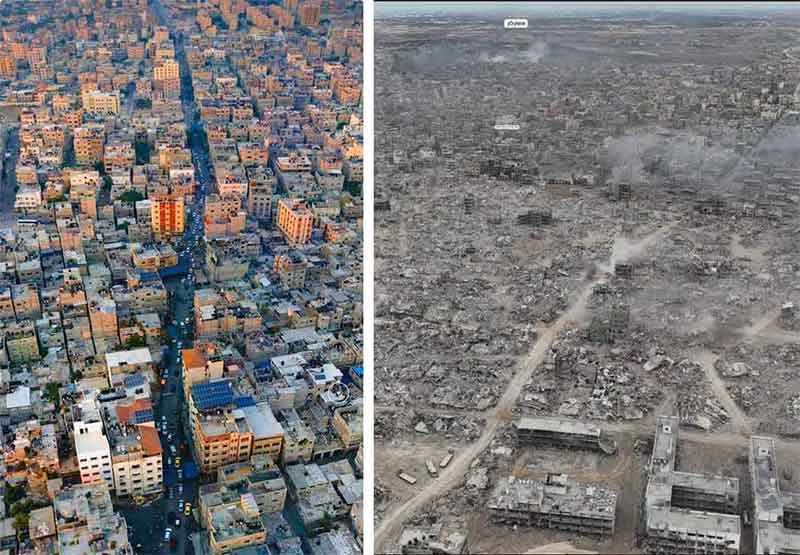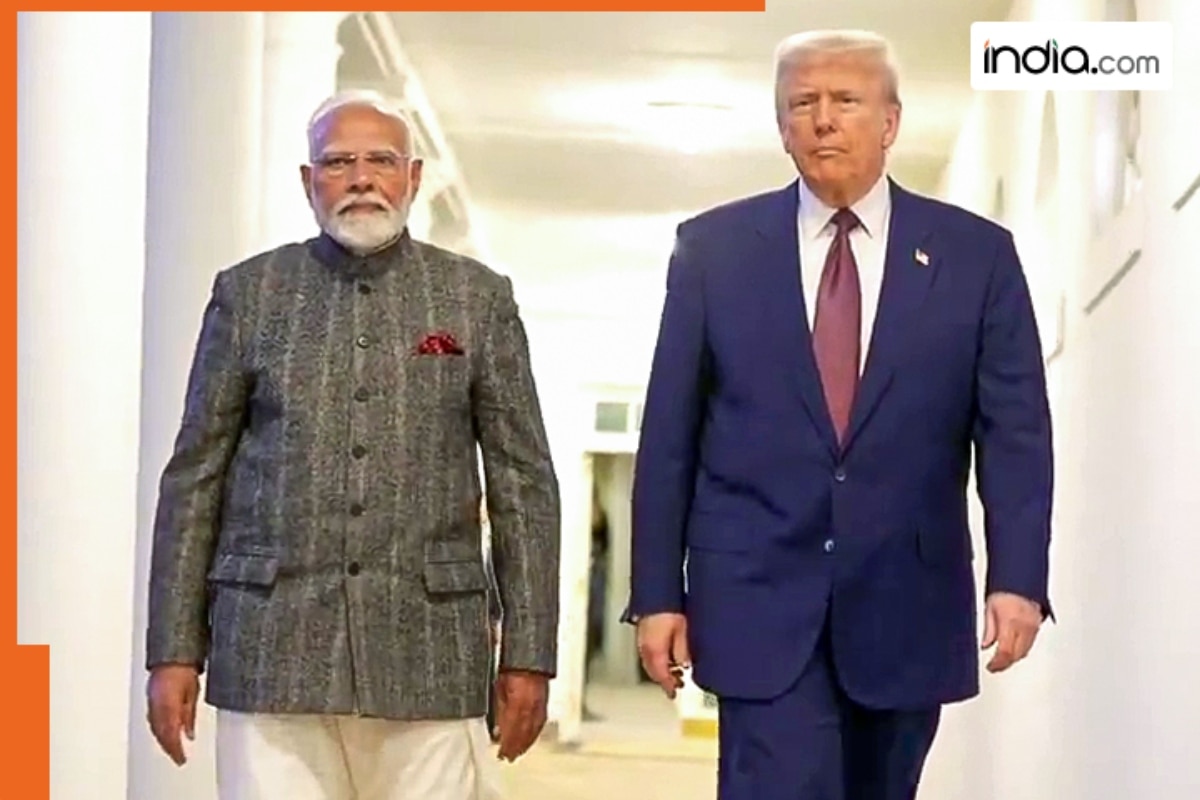Genocidally racist Apartheid Israel has been engaged for 15 months in a Gaza Massacre that has transmuted into what is generally recognized outside the US Alliance as a Gaza Genocide. However, in northern Gaza, the invading Jewish Israelis have embarked on total ethnic cleansing and total reduction of an ancient city to rubble – an urbicide that destroys the physical record of a civilization.
Comparisons with Historical Urbicides
Sketched below are some horrific examples of urbicides in which cities have been largely destroyed by barbarian conquerors:
- Carthage (146 BCE): destroyed by the Romans
- Jerusalem (70 CE): destroyed by the Romans
- Gurganj (1221): destroyed by the Mongols
- Merv (1221): destroyed by the Mongols
- Baghdad (1258): destroyed by the Mongols
Impact of Urbicide in Gaza
The ongoing Gaza Massacre is a Gaza Genocide involving "intent to destroy in whole or in part" the Indigenous Palestinians. The destruction is occurring through the horrific violence of bombing and the imposition of deadly deprivation of water, food, shelter, sanitation, electricity, fuel, clothing, medicine, and medical services that grossly violates the Fourth Geneva Convention.
Response to the Gaza Genocide
The World must act to exclude genocidally racist Apartheid Israel from all trade, cultural, scholarly, and sporting links and apply rigorous Boycotts, Divestment, and Sanctions (BDS) against Apartheid Israel and all its supporters. The genocide, ethnocide, and cultural obliteration in Gaza and Palestine must be stopped.





